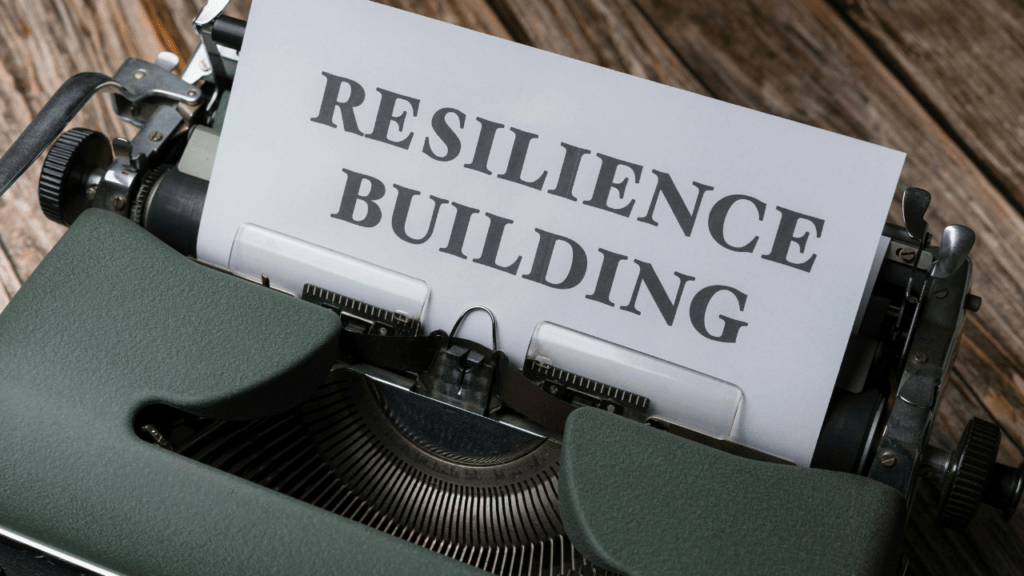Recovery from addiction is a lifelong journey that requires strength, commitment, and resilience. While the path to sobriety begins with the decision to seek treatment, maintaining long-term recovery often depends on an individual’s ability to bounce back from setbacks and navigate life’s challenges. This is where resilience plays a crucial role.
Understanding Resilience in Addiction Recovery
Resilience, in the context of addiction recovery, refers to the ability to adapt to stress, overcome obstacles, and maintain sobriety in the face of adversity. It’s not about avoiding difficulties but rather developing the mental and emotional fortitude to face challenges head-on without resorting to substance use.
Why Resilience Matters in Recovery
Resilience is essential for several reasons:
- It helps prevent relapse by equipping individuals with coping mechanisms
- It fosters a positive outlook, even during tough times
- It promotes personal growth and self-efficacy
- It enables individuals to build and maintain healthy relationships
Strategies for Building Resilience
1. Develop a Strong Support Network
Surround yourself with supportive friends, family members, and peers in recovery. Attend support group meetings regularly and consider working with a sponsor. Having people to turn to during difficult times can significantly boost your resilience.
2. Practice Mindfulness and Stress Management
Learn and regularly practice mindfulness techniques such as meditation, deep breathing exercises, or yoga. These practices can help you manage stress, regulate emotions, and stay grounded in the present moment.
3. Set and Achieve Goals
Start by setting small, achievable goals and gradually work your way up to larger ones. Each accomplishment will boost your confidence and reinforce your ability to overcome challenges.
4. Cultivate a Growth Mindset
Embrace challenges as opportunities for growth rather than insurmountable obstacles. View setbacks as learning experiences and focus on what you can control in any given situation.
5. Maintain Physical Health
Regular exercise, a balanced diet, and adequate sleep are crucial for building resilience. Physical health directly impacts mental and emotional well-being, providing a strong foundation for recovery.

Resilience-Building Exercises
1. Gratitude Journaling
Each day, write down three things you’re grateful for. This practice helps shift focus to the positive aspects of your life, even during difficult times.
2. Positive Self-Talk
Challenge negative thoughts and replace them with positive, encouraging self-talk. For example, instead of “I can’t handle this,” try “This is tough, but I’ve overcome challenges before.”
3. Visualization
Regularly visualize yourself successfully navigating challenges and achieving your recovery goals. This mental rehearsal can boost confidence and resilience.
How Destination Hope Supports Resilience-Building
At Destination Hope, we recognize the critical role resilience plays in long-term recovery. Our comprehensive treatment programs incorporate resilience-building techniques through:
- Cognitive Behavioral Therapy (CBT) to develop healthy thinking patterns
- Life skills training to enhance problem-solving abilities
- Stress management workshops
- Mindfulness and meditation classes
- Physical wellness programs
Our aftercare planning also focuses on helping clients build and maintain resilience as they transition back to daily life. We provide ongoing support and resources to ensure our clients have the tools they need to face life’s challenges while maintaining their recovery.
Embracing the Journey
Building resilience is an ongoing process that requires patience and practice. Remember, setbacks are a normal part of the recovery journey. What matters most is how you respond to these challenges and continue moving forward.
If you’re ready to build your resilience and strengthen your recovery, Destination Hope is here to support you. Our experienced team can provide you with the tools and strategies you need to overcome obstacles and thrive in your recovery journey. Call us today at 954-302-4269 to learn more about our programs and how we can help you build a resilient, substance-free life.

